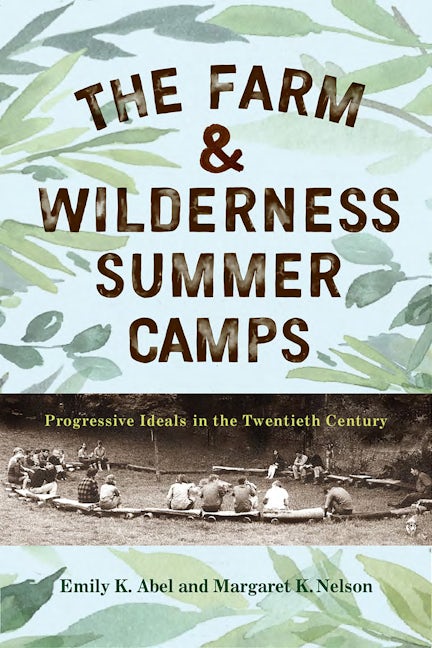"In this remarkable book Margaret Nelson takes us to a place so familiar, yet overlooked, to relationships that persist over time. Like Family provides a mirror to intimate, long-lasting ties that live on through thick and thin. Margaret Nelson has a remarkable gift for uncovering the bewilderment of intentional relationships."
~Carol Stack, author of All Our Kin
"Margaret Nelson has a strong reputation as a writer and scholar, and writes about how even biological family is chosen these days. Like Family will contribute to pushing intellectual activity, research, and theory forward."
~Barbara J. Risman, author of Where the Millennials Will Take Us
"This unique and richly-detailed study brings into view three distinct types of family-like arrangements that are missing in current accounts of fictive kinship. The book abounds with insights about family boundaries, their internal relations and varied meanings. Nelson's volume stands as a principal contribution to the family field, one that deepens our understanding of the American family tapestry."
~Maxine Baca Zinn, Michigan State University
"What does it mean to say someone is 'like family' in a society where blood and legal bonds seem to dominate political, economic, religious, and academic conversations about family life? Nelson honestly and compassionately brings wisdom from a career of sociological investigation to an innovative project: how fictive-kinship relationships can help us understand creative and generous experiences of social support in (and between) today’s families. Nelson uncovers important truths about these relationships."
~Michelle Janning, Raymond and Elsie Gipson DeBurgh Chair of Social Sciences & Professor of Sociology, Whitman College
~Wall Street Journal
"An interesting, thoughtful addition to the study intimacy and social relationships. The book addresses an understudy topic and generates central questions about race, class, gender, and intimate relationships. This book would make a nice addition to a seminar on family and kinship—it is very readable, and can work well in both graduate and undergraduate courses."
~Social Forces












